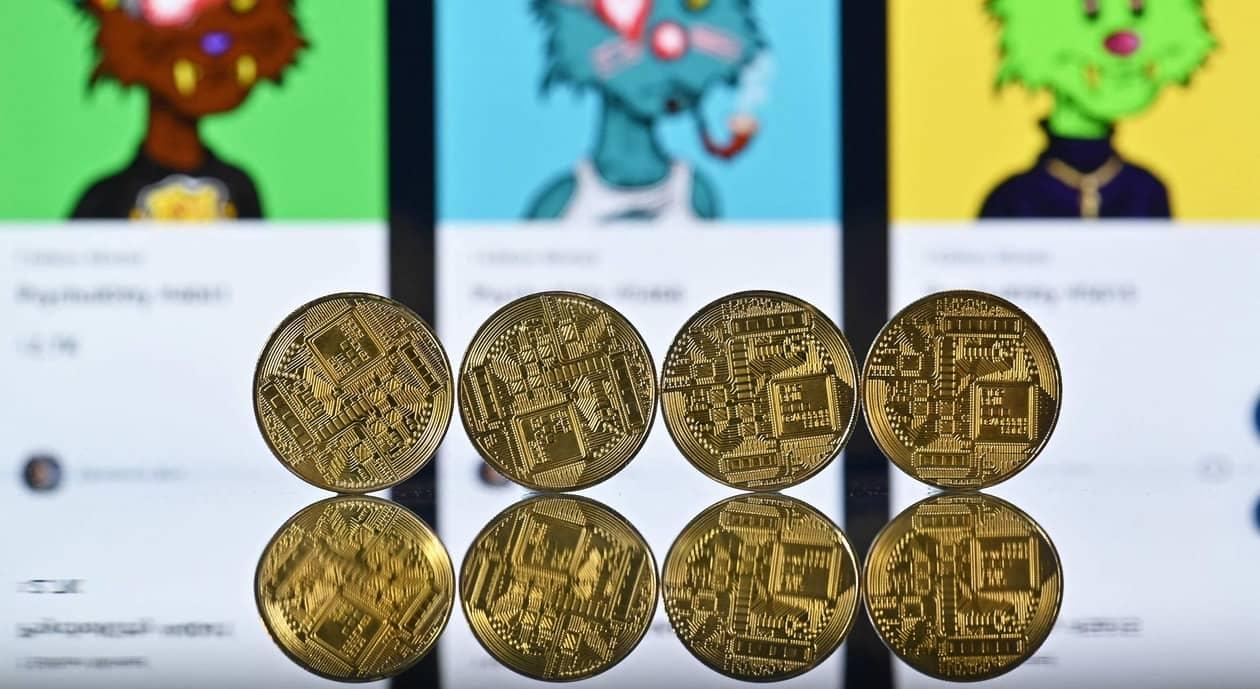Some cryptocurrency bourses are enabling peer-to-peer (P2P) deals while some platforms are directly accepting deposits from coin buyers to bypass the restrictions imposed by banks and payment companies, reported The Economic Times.
In a P2P transaction, the exchange, after receiving an order from a buyer, shares the seller’s bank account details with the buyer. The buyer then directly transfers funds to the seller using any of the regular online payment options while the seller moves the cryptocurrency lying in her wallet with the exchange to the buyer’s crypto wallet.
The exchange simply connects the buyer and seller but the money does not flow through the exchange — unlike in any modern bourse running a faceless order matching software engine in executing orders and settling trades, ET wrote.
“This is not how an exchange should be functioning. It’s certainly less efficient. But apparently there is no violation of any regulation or law. It’s a simple money transfer from A to B over net banking or IMPS or NEFT, and it’s happening outside the exchange,” an official with one of the exchanges said.
Alternatively, some of the exchanges have chosen a different mode — receiving funds directly in their current accounts from crypto buyers. Once the money is remitted, the amount is credited to the trader’s account with the exchange, which can then be used to buy cryptos.
The current account is typically in the name of the company which provides the software solution to the crypto exchange. A leading exchange has such an account with one of the largest private sector banks. Till recently, exchanges were operating differently.
Money was received or paid in a nodal account opened by a third-party payment operator which processed the payments for the trades taking place on the exchange. However, with payment firms refusing to partner with cryptocurrency exchanges — probably following hints from RBI — the exchange concerned was forced to figure out an alternative payment mechanism. This is possible as some banks are still allowing normal current accounts by crypto exchanges even though they are no longer permitting nodal accounts for payment processing.
“However, if it’s perceived that by directly accepting funds from buyers, an exchange is offering some kind of a wallet facility to the trader, there would be regulatory issues. If an exchange accepts money to sell crypto, considering it as a commodity, or acts as an intermediary engaged in collection of funds, it’s one thing. But if it is receiving funds from thousands of traders and holding it till trades are executed, the question is would it be construed as deposits or wallet facility. If so, it may require regulatory approval,” said a lawyer.
Also, a current account is used to meet expenses, like salaries and rent, of an exchange and not for enabling trades happening on the crypto platform.
According to crypto investors, some of the big-ticket traders have already shifted their positions to exchanges overseas — though banks consider that moving money abroad to buy cryptocurrencies (under the RBI’s liberalised remittance route) amounts to a violation of exchange control regulations.
“Some are using the hawala route to remit money. Others are using LRS to transfer funds to NRI relatives, who subsequently invest in cryptos,” said a banker.
